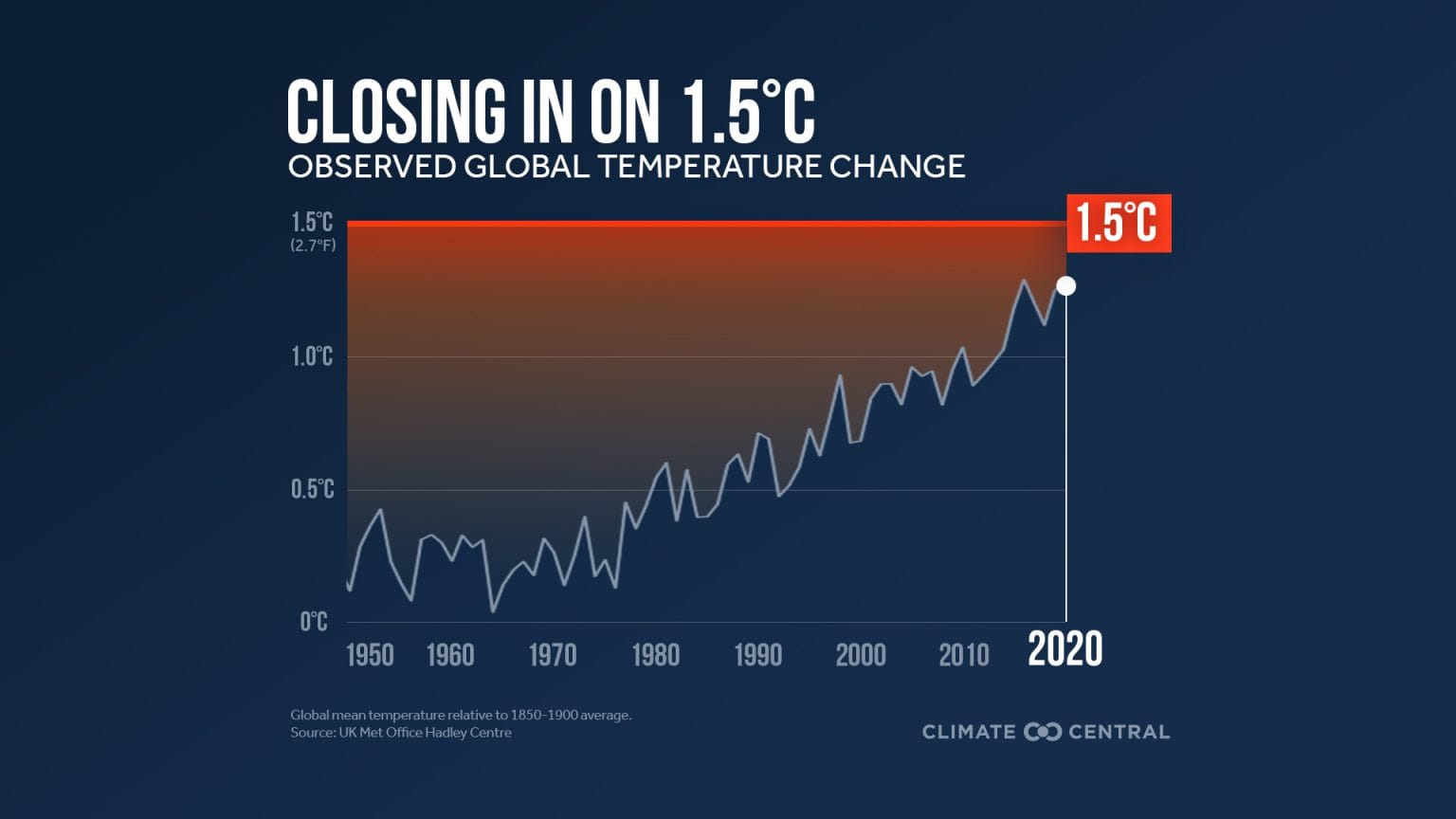In recent weeks, residents of New Jersey have reported a series of unusual drone sightings, leading to widespread speculation and concern. These unidentified flying objects have been spotted hovering over various neighborhoods, prompting questions about their origin, purpose, and the regulations governing their use. As drone technology becomes increasingly accessible and prevalent, understanding the implications of these sightings is essential for both the public and law enforcement.
The drone sightings began to gain attention when multiple residents across different towns reported seeing drones flying at low altitudes, often in the evening hours. Descriptions of the drones varied, with some witnesses noting that they were equipped with bright lights, while others claimed to have seen them maneuvering in ways that suggested advanced capabilities. The frequency of these sightings has raised alarms about safety, privacy, and the potential for unlawful activity.
Authorities have responded to these reports by launching investigations to determine the source and purpose of the drones. Local law enforcement agencies have encouraged residents to report any sightings and to document the time, location, and characteristics of the drones. However, the challenge lies in the fact that drones are not inherently illegal, and many individuals and businesses operate them for legitimate purposes, including photography, surveying, and delivery services.
As the investigations unfold, experts in drone technology and law enforcement have weighed in on the potential reasons for the increased drone activity. One possibility is that the drones are being used for commercial purposes, such as aerial photography or real estate marketing. The rise of drone usage in various industries has made it easier for individuals to access this technology, leading to a proliferation of drones in both urban and rural areas.
Another theory suggests that the drones could be part of a hobbyist’s activities, as drone flying has become a popular pastime for many. Enthusiasts often gather in groups to fly their drones, and it is not uncommon for them to conduct flights in residential areas. However, this raises concerns about safety, as drones can pose risks to people and property if not operated responsibly.
The potential for malicious use of drones has also been a topic of discussion among law enforcement and security experts. Drones can be equipped with cameras and other surveillance technology, which raises privacy concerns for residents. Additionally, there are fears that drones could be used for illegal activities, such as drug trafficking or unauthorized surveillance. As a result, authorities are keen on establishing regulations that govern drone usage, particularly in populated areas.
In response to the growing concerns, state lawmakers have begun to explore legislative measures aimed at regulating drone operations. These measures may include restrictions on where drones can be flown, requirements for registration, and guidelines for operators to ensure public safety and privacy. The goal is to strike a balance between allowing the use of drones for legitimate purposes while protecting the rights and safety of residents.
Public response to the drone sightings has been mixed. Some residents express curiosity and excitement about the technology, viewing it as a sign of innovation and progress. Others, however, feel uneasy about the presence of drones overhead, fearing for their privacy and safety. Community meetings have been held in some areas to discuss the issue, allowing residents to voice their concerns and seek information from local officials.
As the investigation continues, it is crucial for residents to remain informed about drone technology and the regulations that govern its use. Understanding the capabilities of drones, as well as the legal framework surrounding them, can empower individuals to engage in constructive dialogue with local authorities and advocate for policies that address their concerns.
The situation in New Jersey serves as a reminder of the broader implications of drone technology in society. As drones become more integrated into various aspects of life, from commercial applications to recreational use, the need for clear guidelines and responsible usage becomes increasingly important. Balancing innovation with public safety and privacy will be essential as communities navigate the challenges posed by this emerging technology.
In conclusion, the recent drone sightings in New Jersey have opened a dialogue about the implications of drone technology in our daily lives. As investigations continue and regulations are considered, it is vital for residents to stay informed and engaged in discussions about the responsible use of drones. The outcome of these discussions may shape the future of drone operations not just in New Jersey, but across the country, as communities seek to harness the benefits of this technology while ensuring the safety and privacy of their residents.



